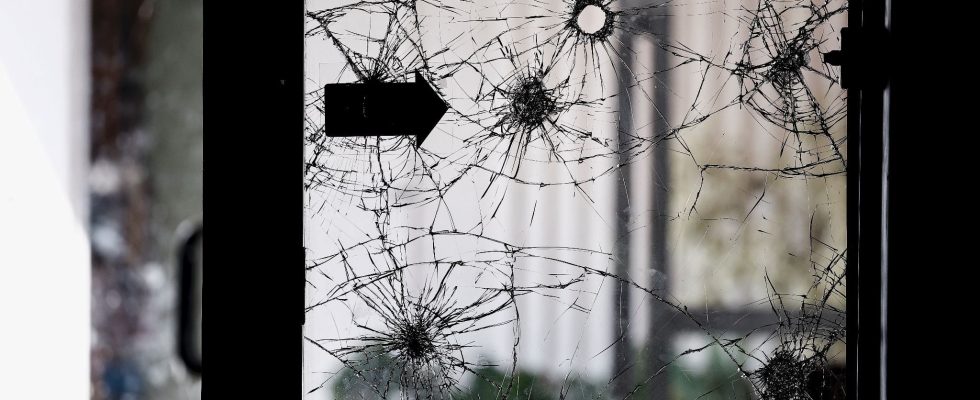It is not just Israel that is seeking to learn lessons from the failure to prevent the October 7 attack by Hamas. Foreign military analysts are also dissecting the steps leading to this intelligence fiasco, which concluded with the massacre of more than 1,200 people by fighters from the Palestinian group infiltrated into Israeli territory.
A recent publication from the Intelligence Express Laboratory (LIEKS) gives the Russian vision of the different factors leading to this strategic surprise. This think tank created a year ago, which deals mainly with intelligence, counts among its founders Rouslan Poukhov, the director of another think tank, the Center for the analysis of strategies and technologies. This researcher would be persona non grata in France for its links with the GRU, Russian military intelligence, according to the news site Intelligence Online.
“By underestimating the creativity and competence of its adversaries,” says the LIEKS article, “the Israeli intelligence services have perhaps committed the most catastrophic failure in their history.” He points out as an original error the fact that “the improvement of the economic situation of the Palestinian Arabs” was considered as a “de-escalation tool” after the Oslo Accords, in 1993. And recalls the blindness of the Netanyahu government which, before the attack, “considered increasing the number of work permits for Gazans from 18,000 to 30,000.”
Israelis believed they were safe from Hamas
In this way, Hamas gained a direct advantage by concealing its true intentions. He “dulled the attention of Israelis by giving the impression of being more interested in improving the standard of living of the inhabitants of Gaza than in military operations against Israel”, indicates the author of the article, Grigori Zerschikov. He recalls that the organization did not take part in the “limited military conflicts” of Israeli forces with Islamic Jihad, to make them believe that it “was simply afraid of going to war with them”.
Echoing the analysis of historian Uri Bar-Joseph, recently interviewed by L’Express, Zerschikov points out the excesses of a renunciation of the human part of surveillance: “After having created the illusion that the technological miracle of Iron Dome [NDLR : un système de missiles anti-roquettes] and the high-tech protective wall, filled with sensors and cameras, would create a hermetically sealed bunker in which they could hide for as long as necessary, Israeli leaders stopped paying serious attention to what was happening in Gaza.”
This self-intoxication led to a total disaster, far from the image of excellence often attached to the Israeli intelligence community. LIEKS notes that these “failures […] covered the entire intelligence production cycle: collection, analysis and dissemination of information”. And expects that an “internal restructuring” awaits the domestic (Shin Beth) and military (Aman) intelligence services. ), which should return to “more traditional methods” by once again favoring human intelligence.
This assessment is not insignificant, Russian intelligence having always placed the emphasis “on human sources”, like that of Israel “in the past”, explained Uri Bar-Joseph. However, this did not prevent the heirs of the KGB from intoxicating themselves with Russia’s capacity to bring down the Ukrainian state, supposedly weak and corrupt, like a ripe fruit during the invasion of February 24, 2022. Nearly two years later, for Moscow, this error of assessment is paid for by losses unprecedented since the Second World War in the ranks of its army and a stagnation, far from the lightning victory hoped for.
